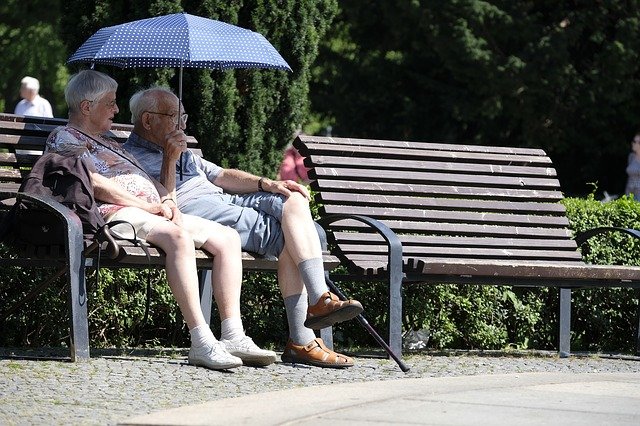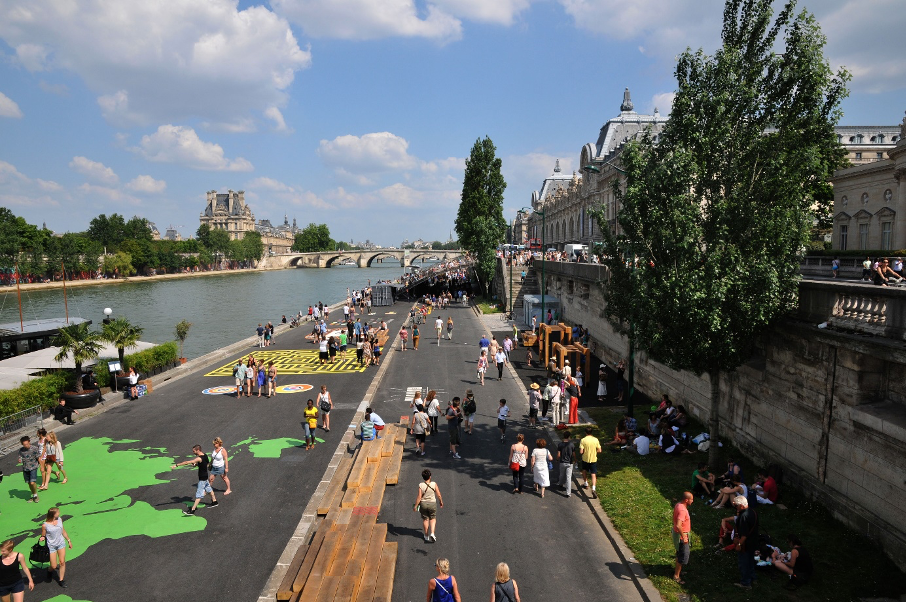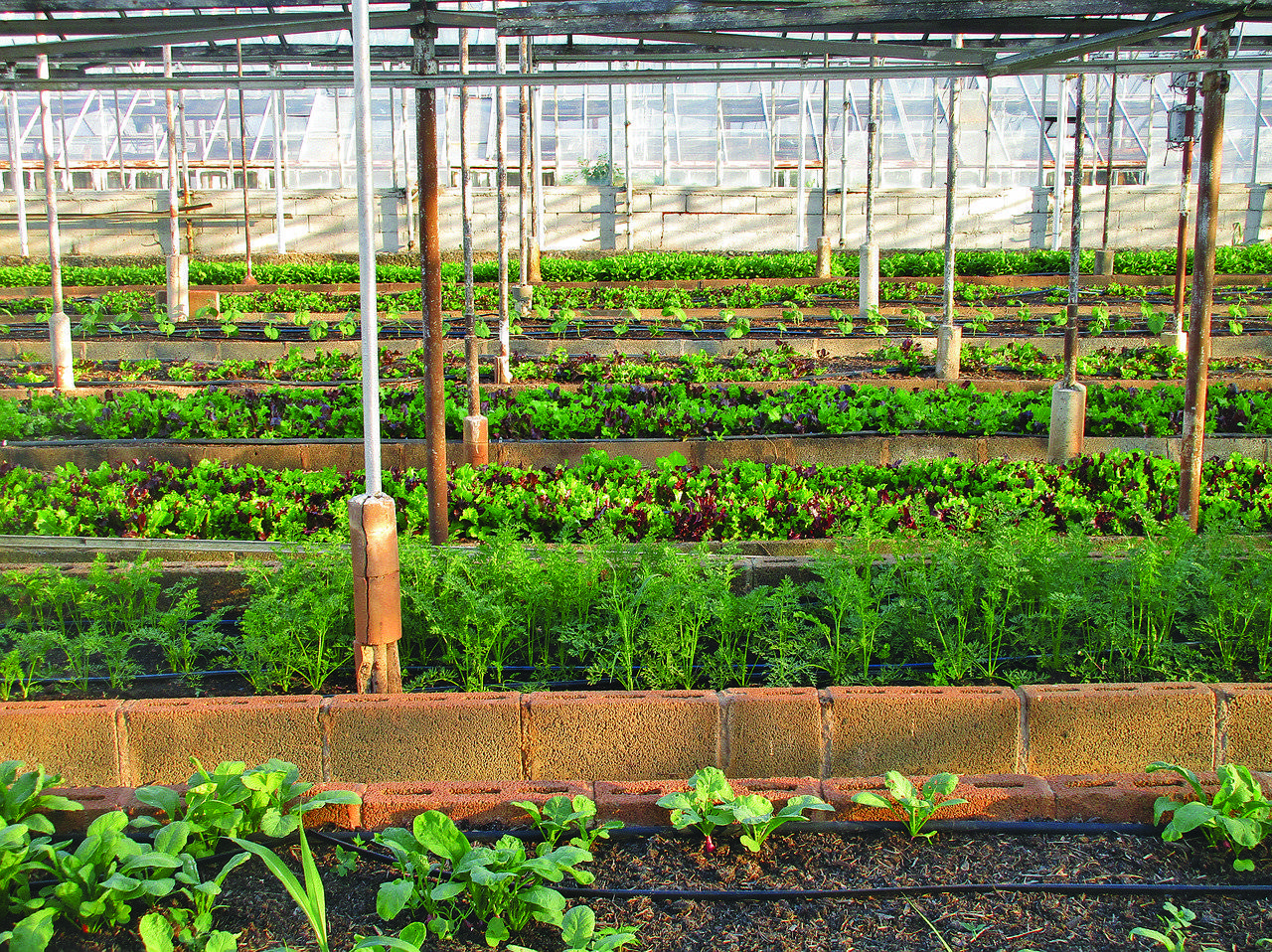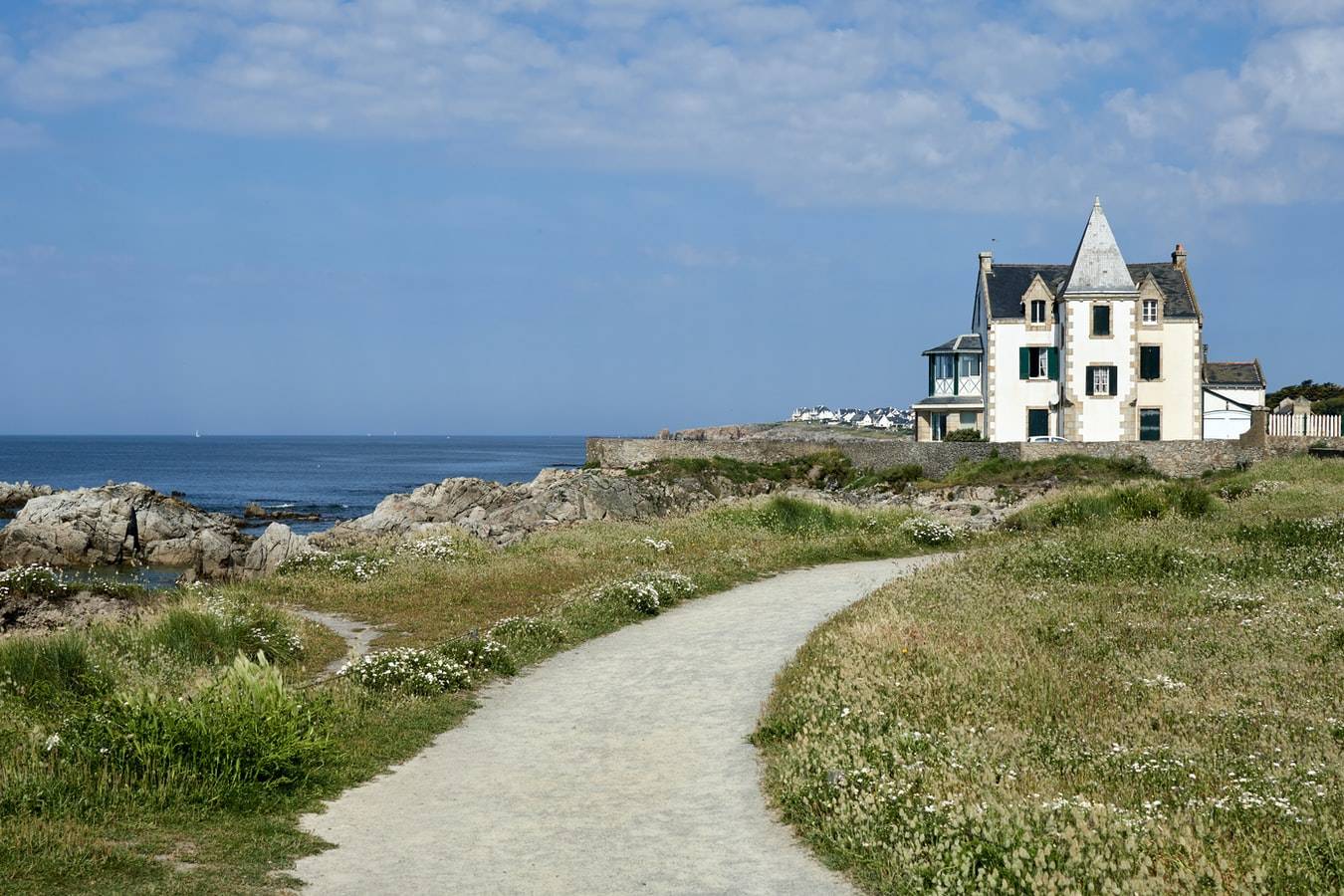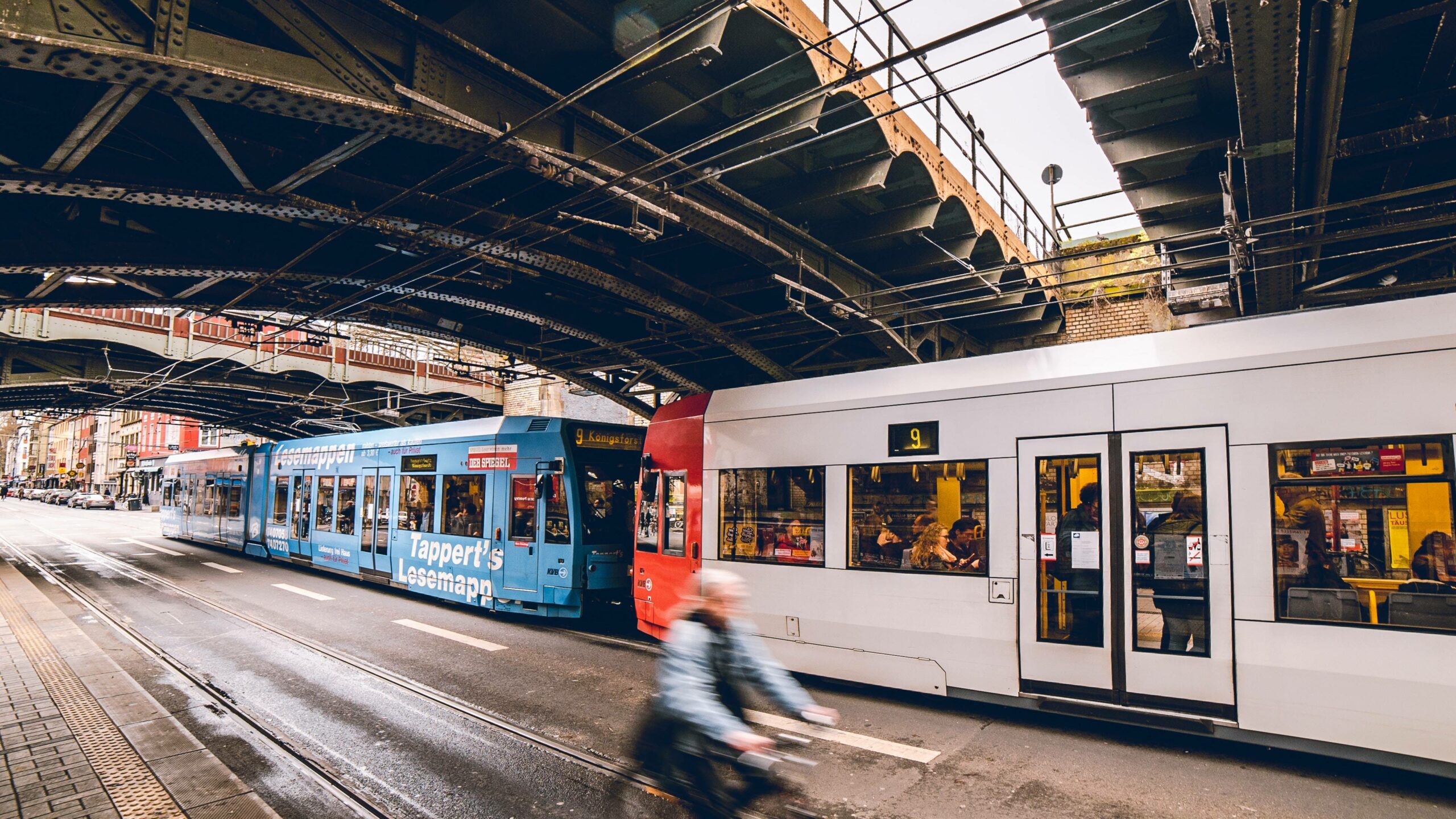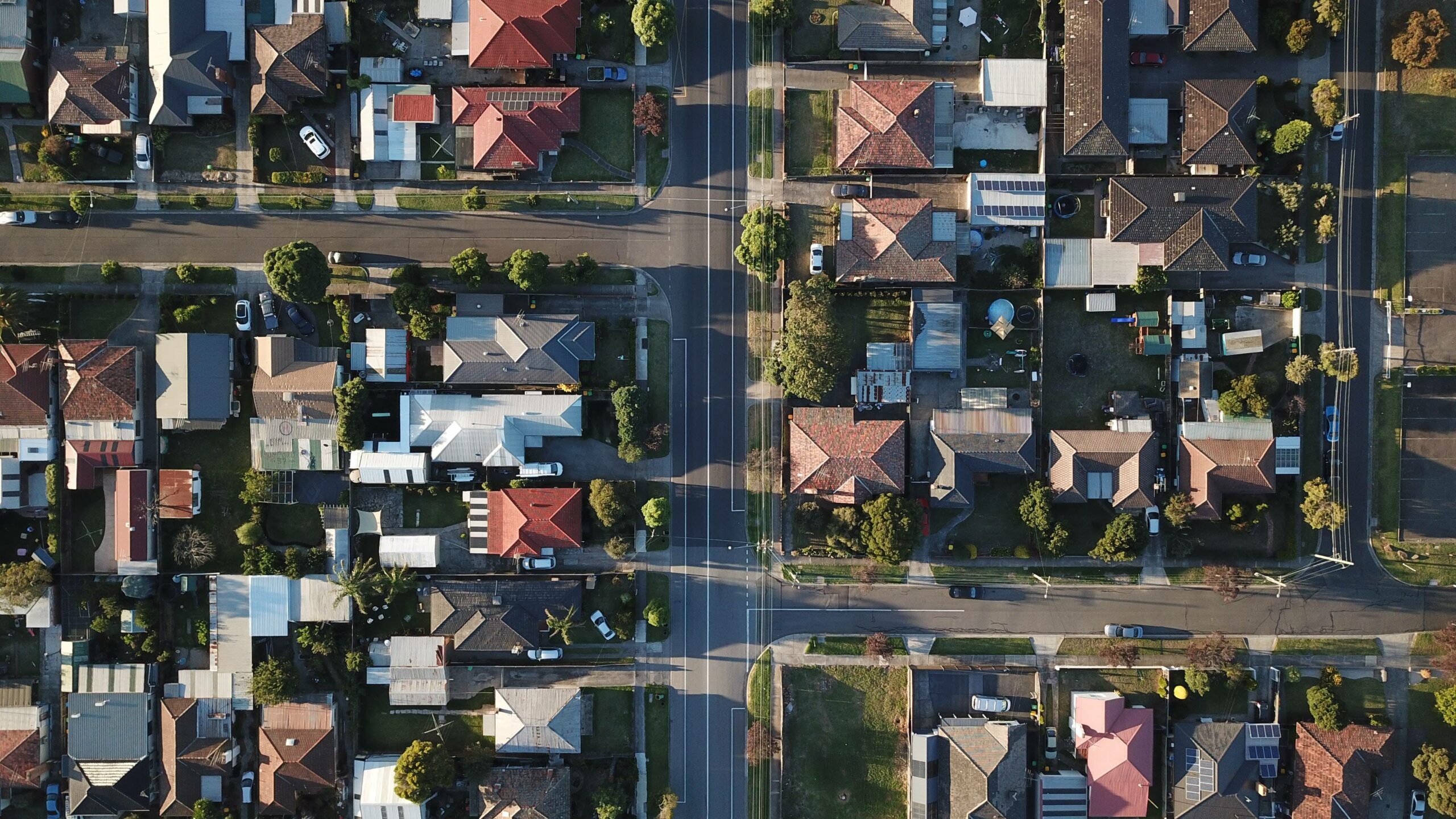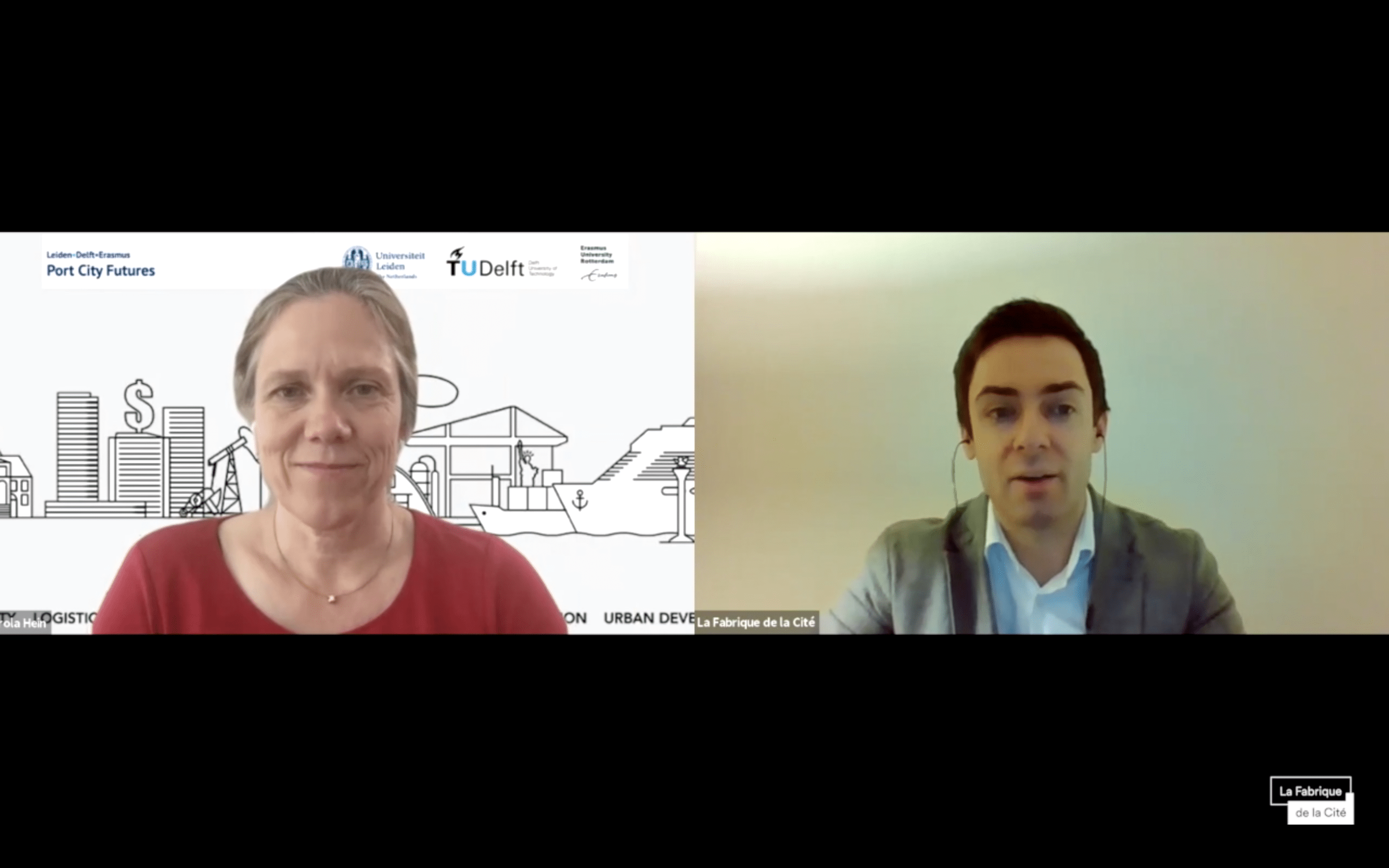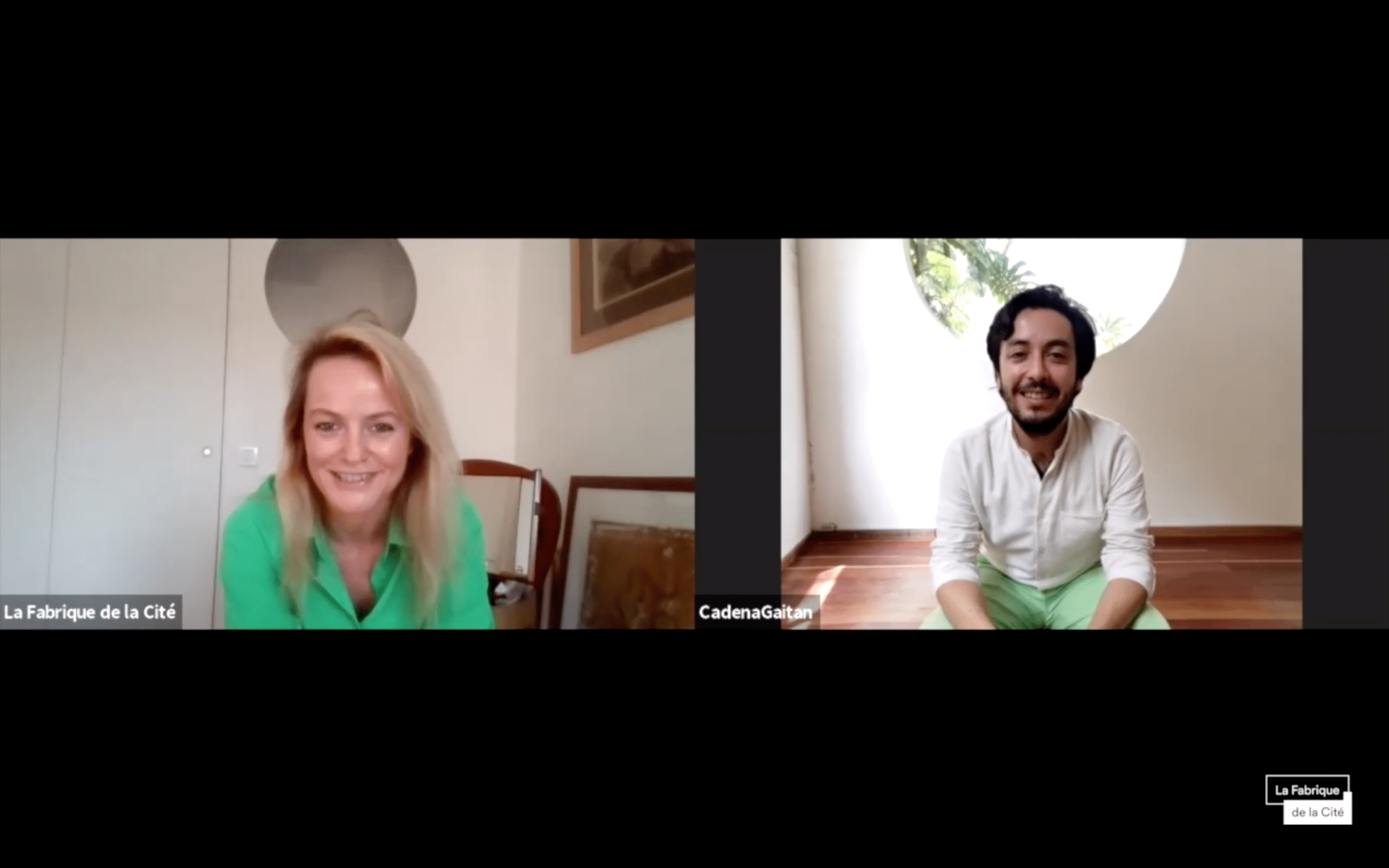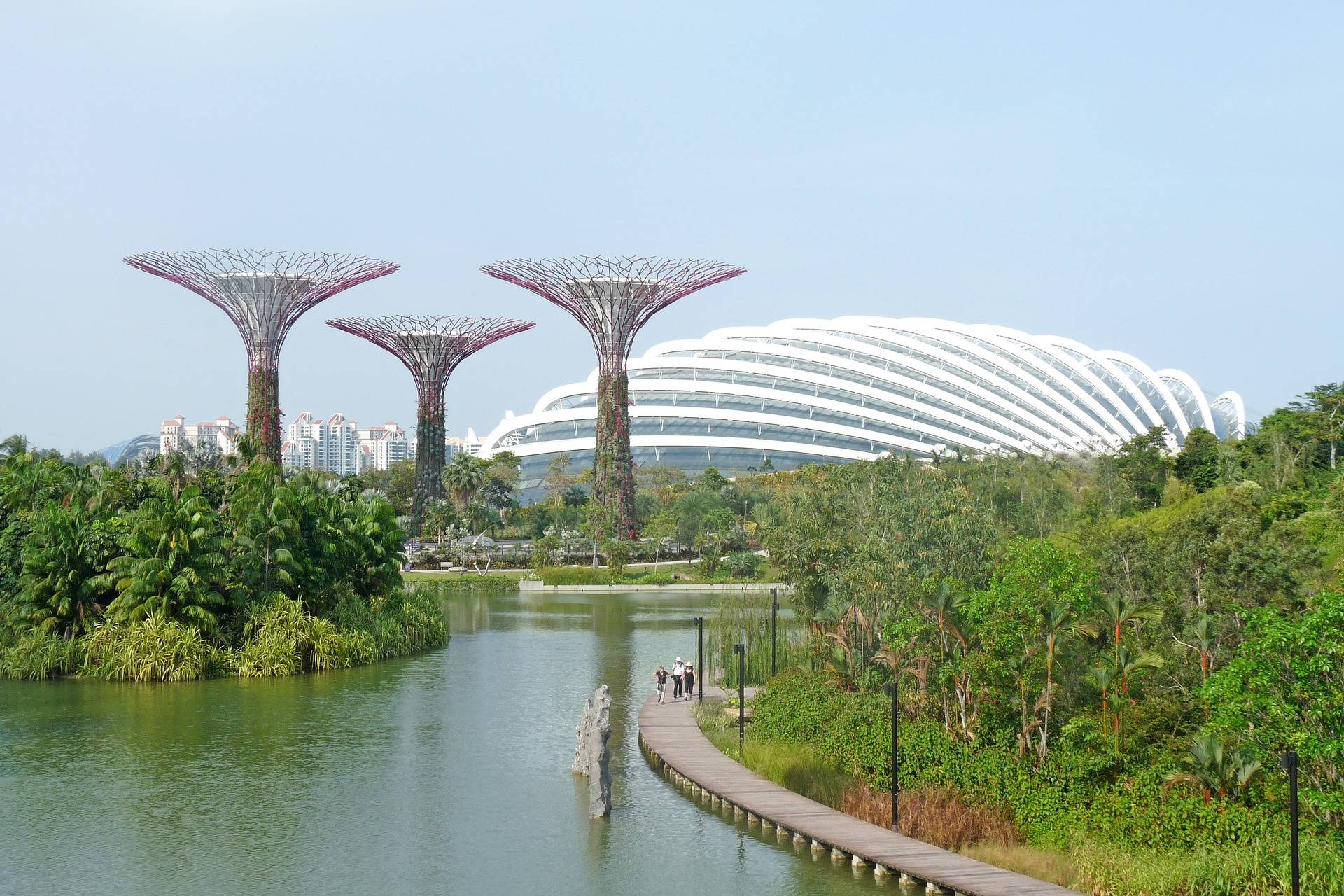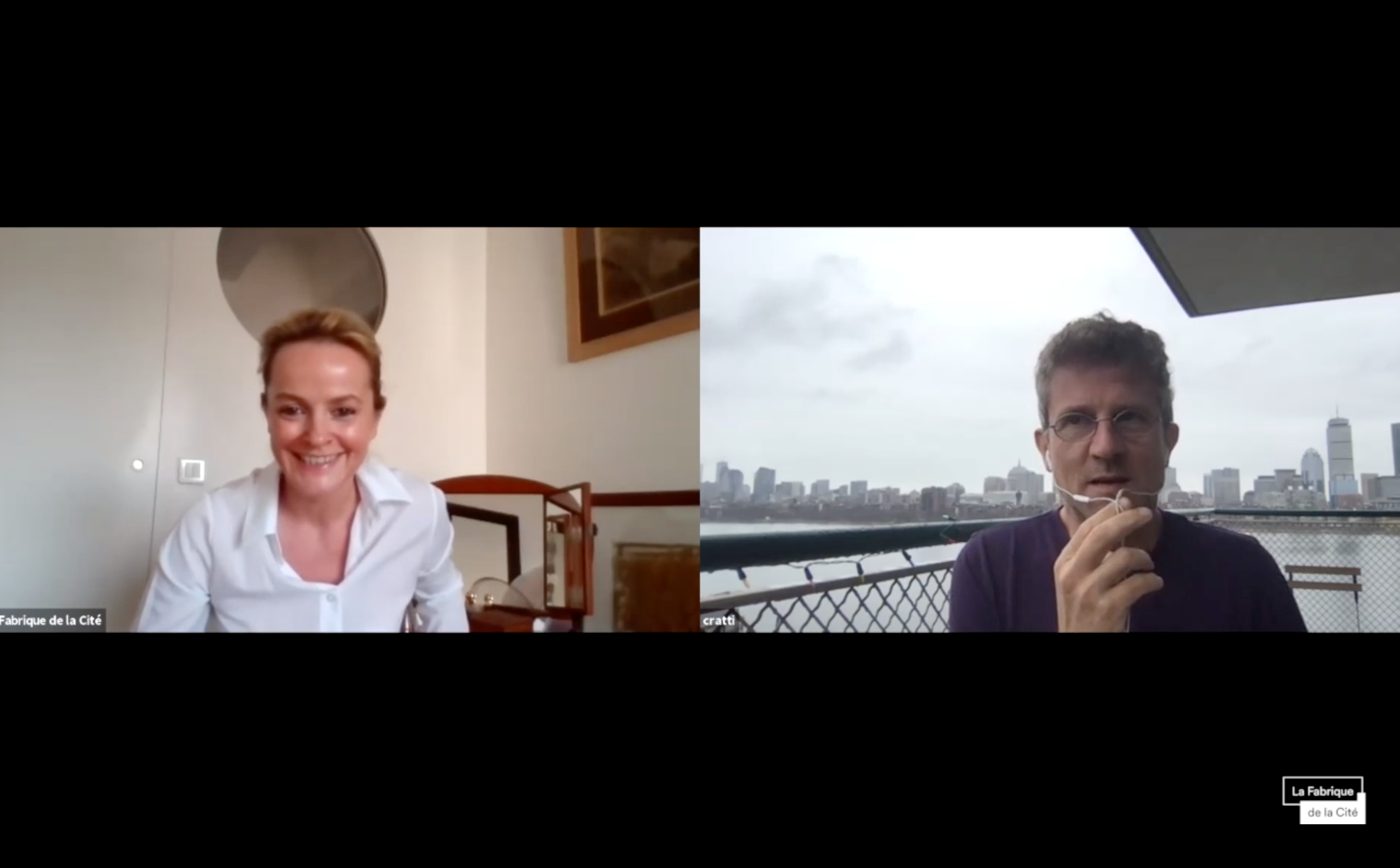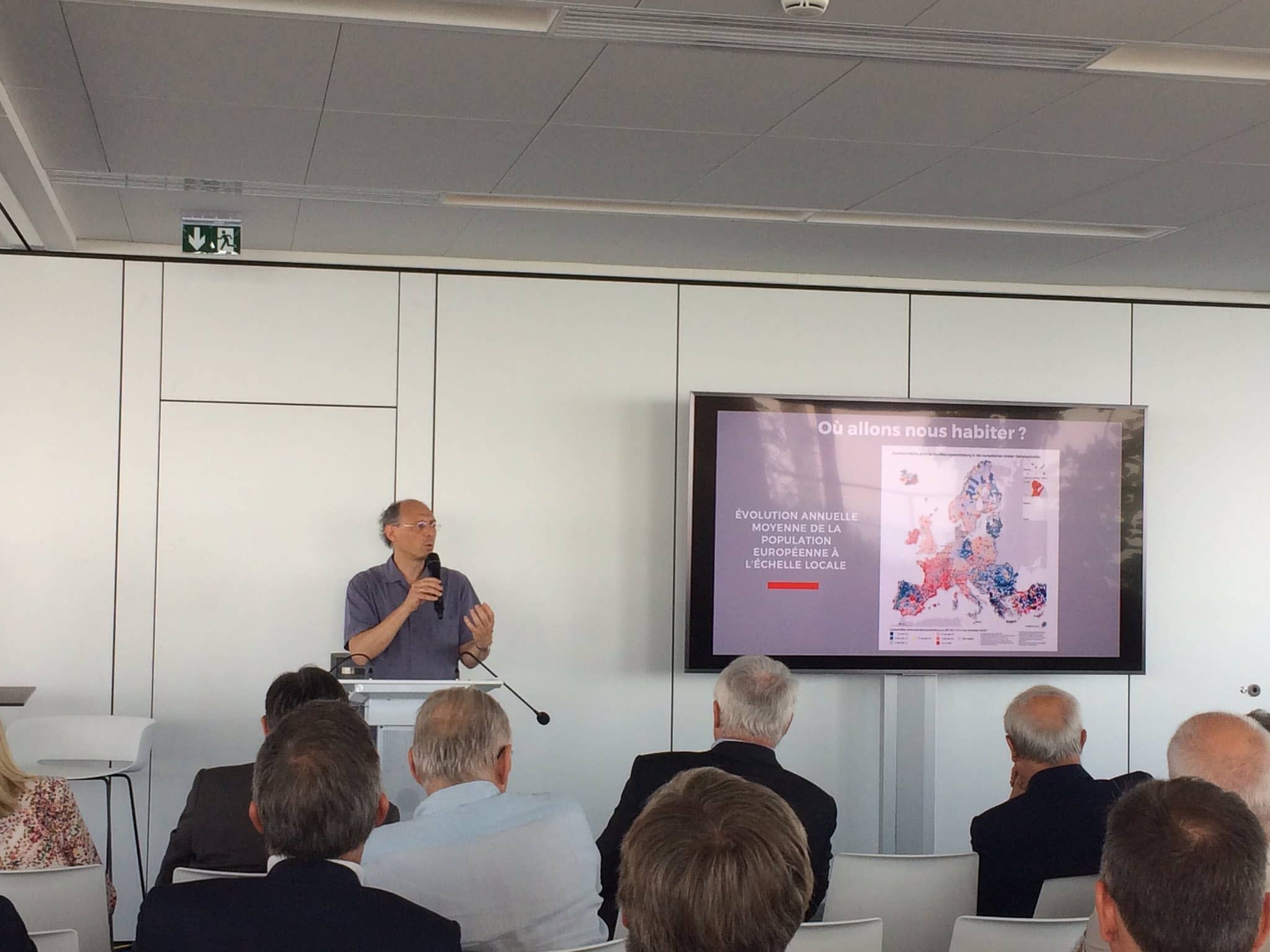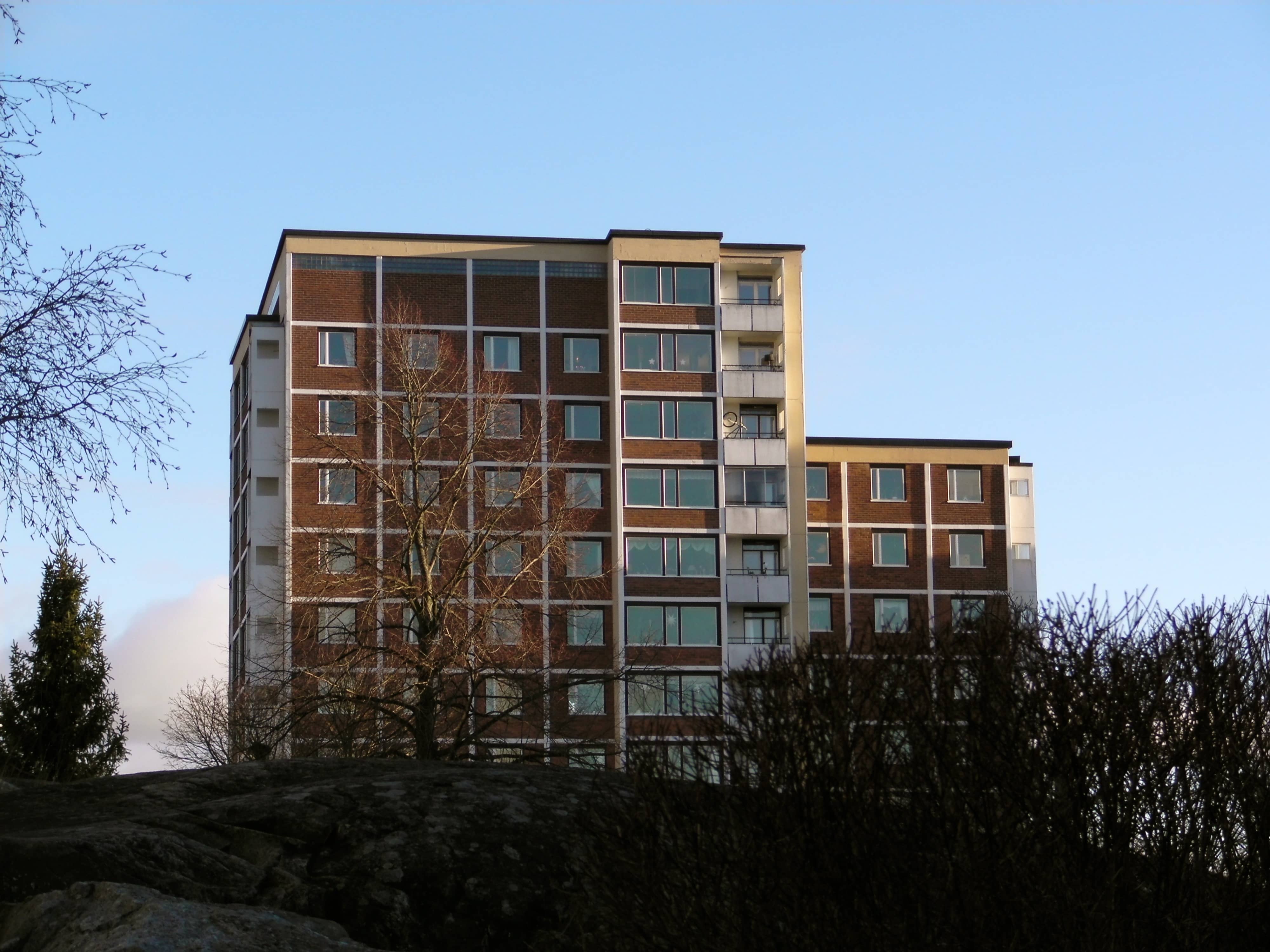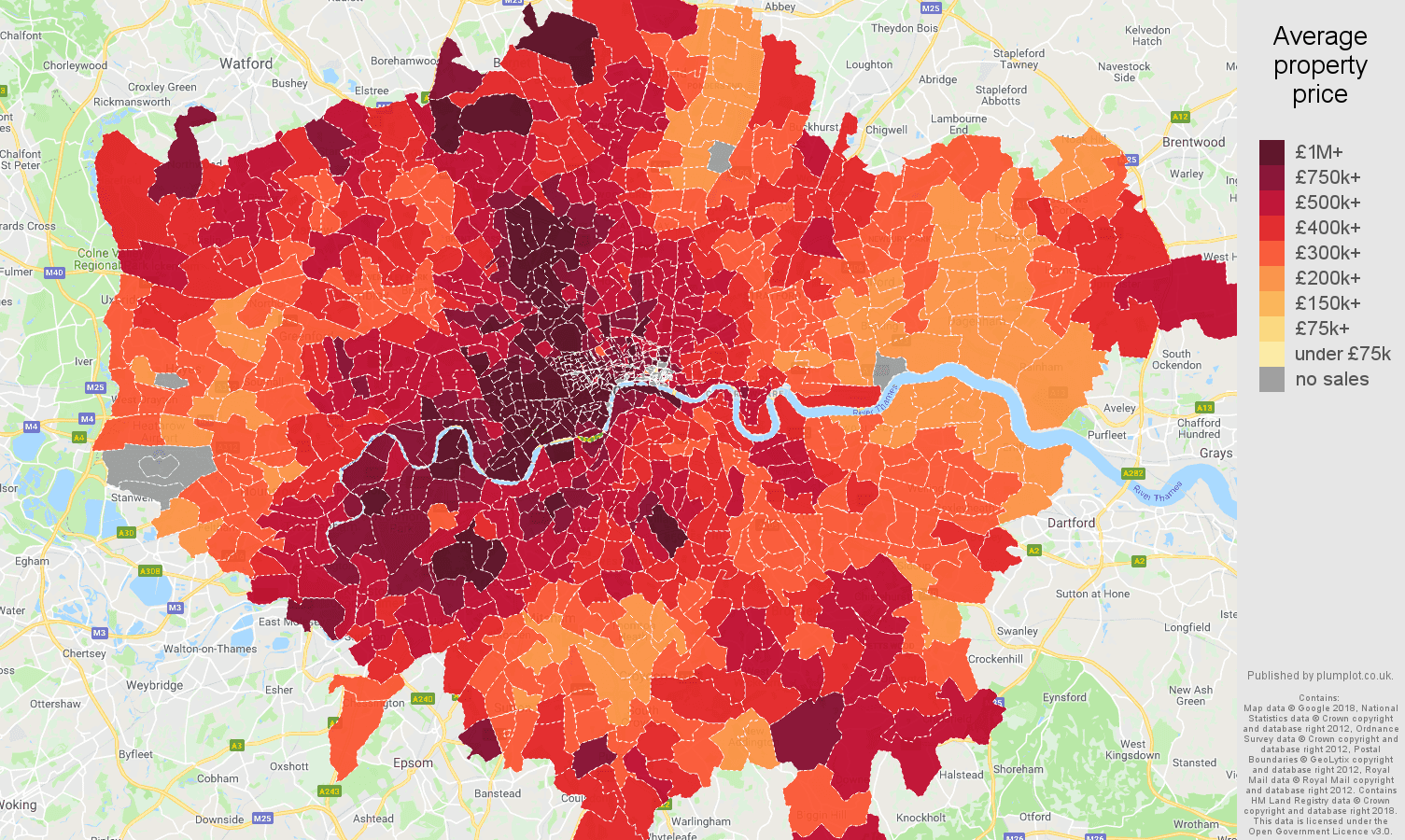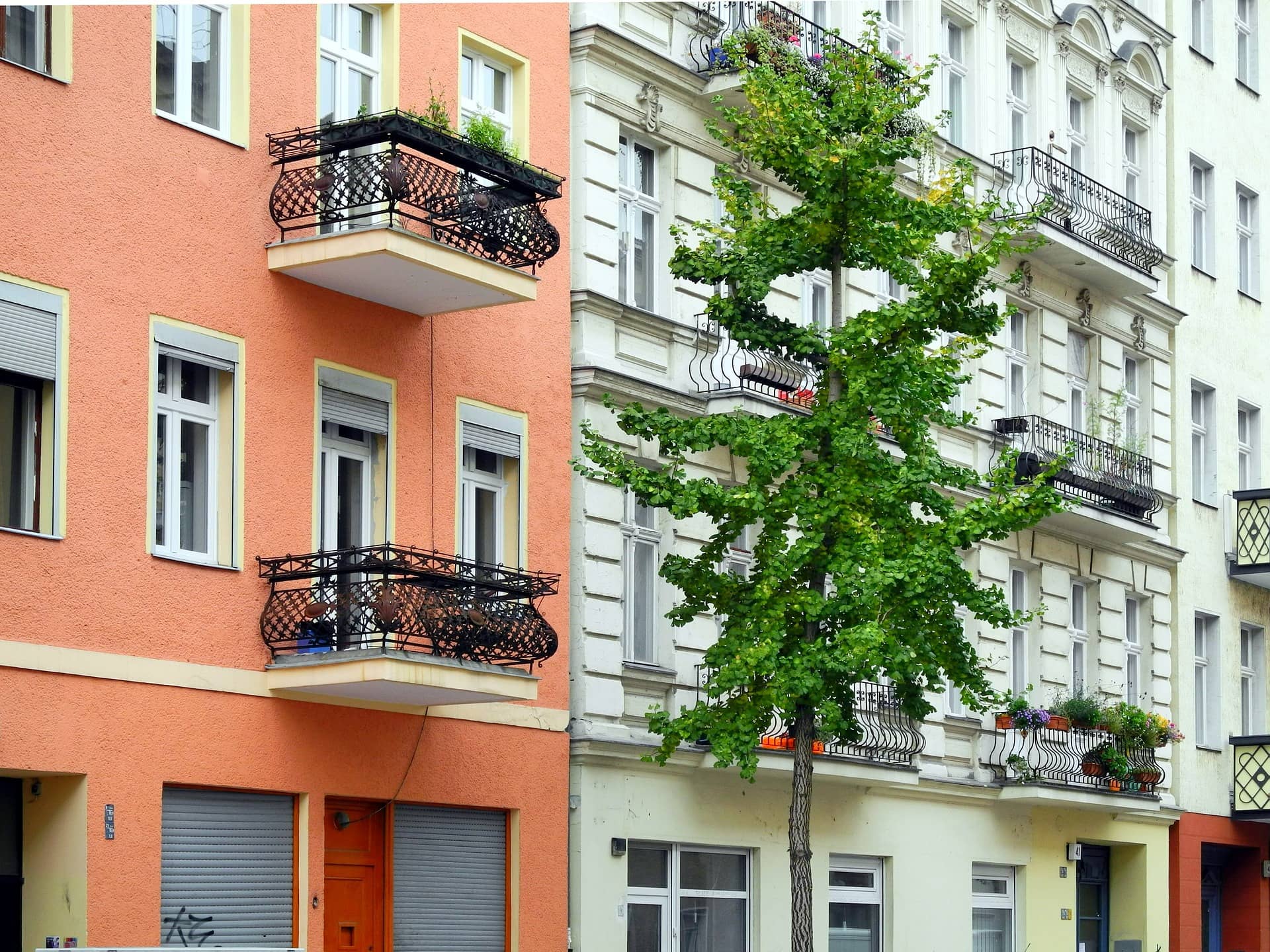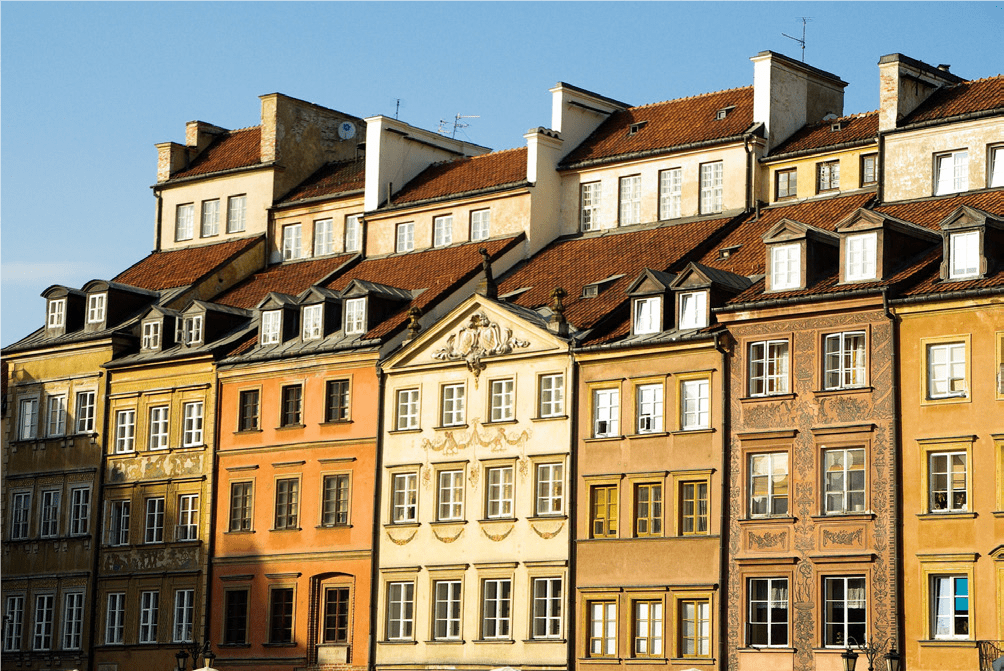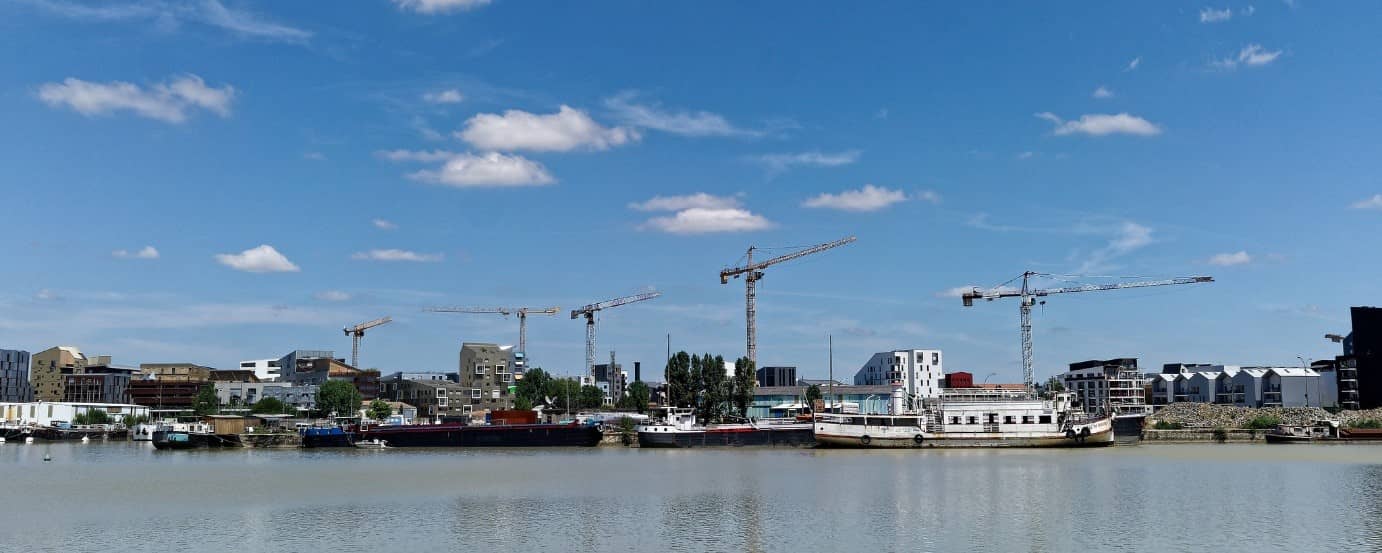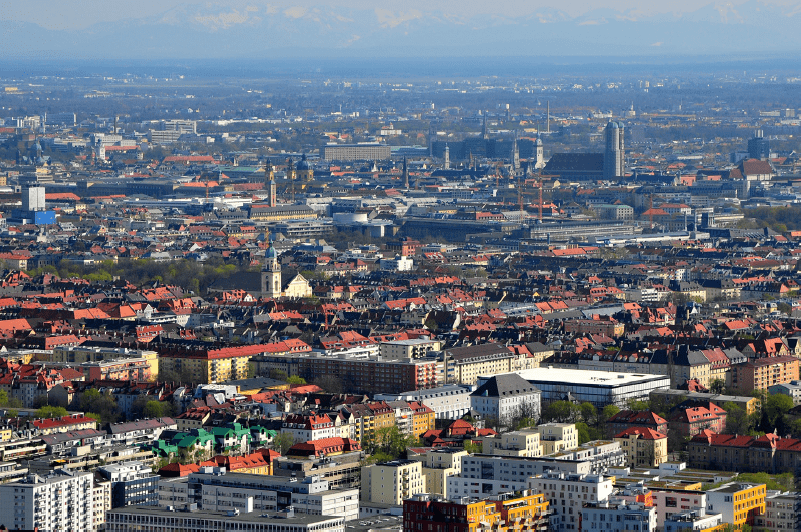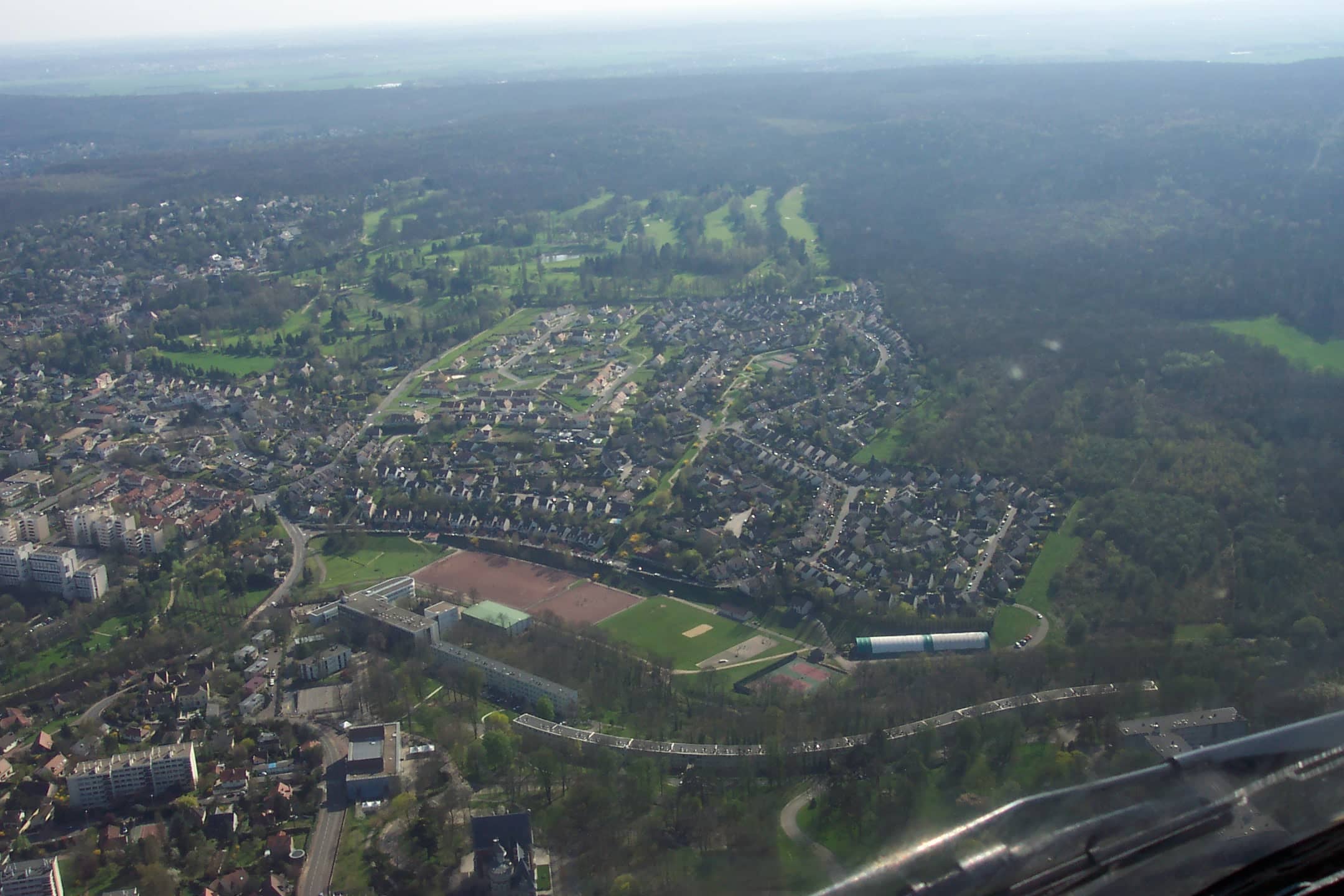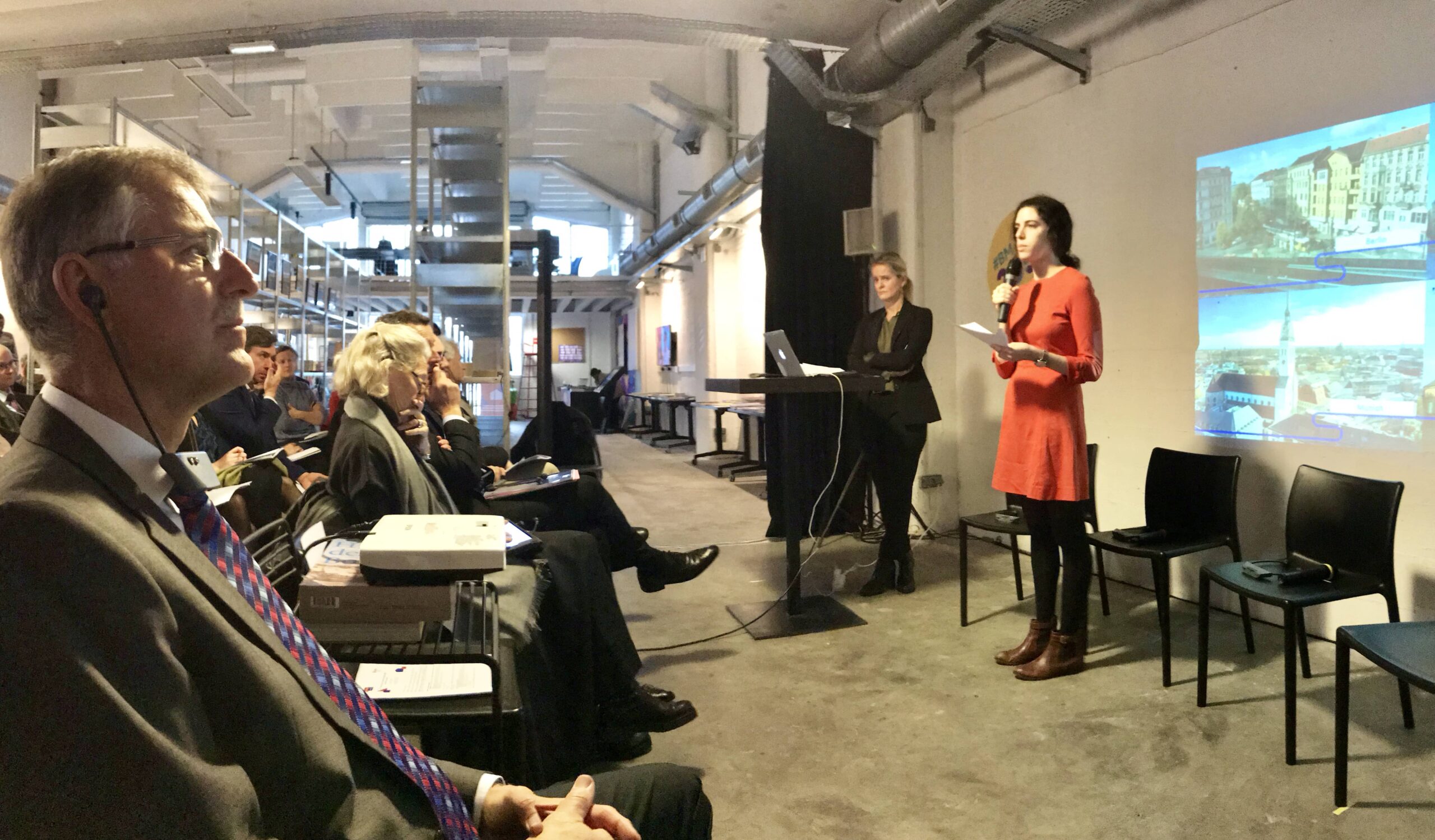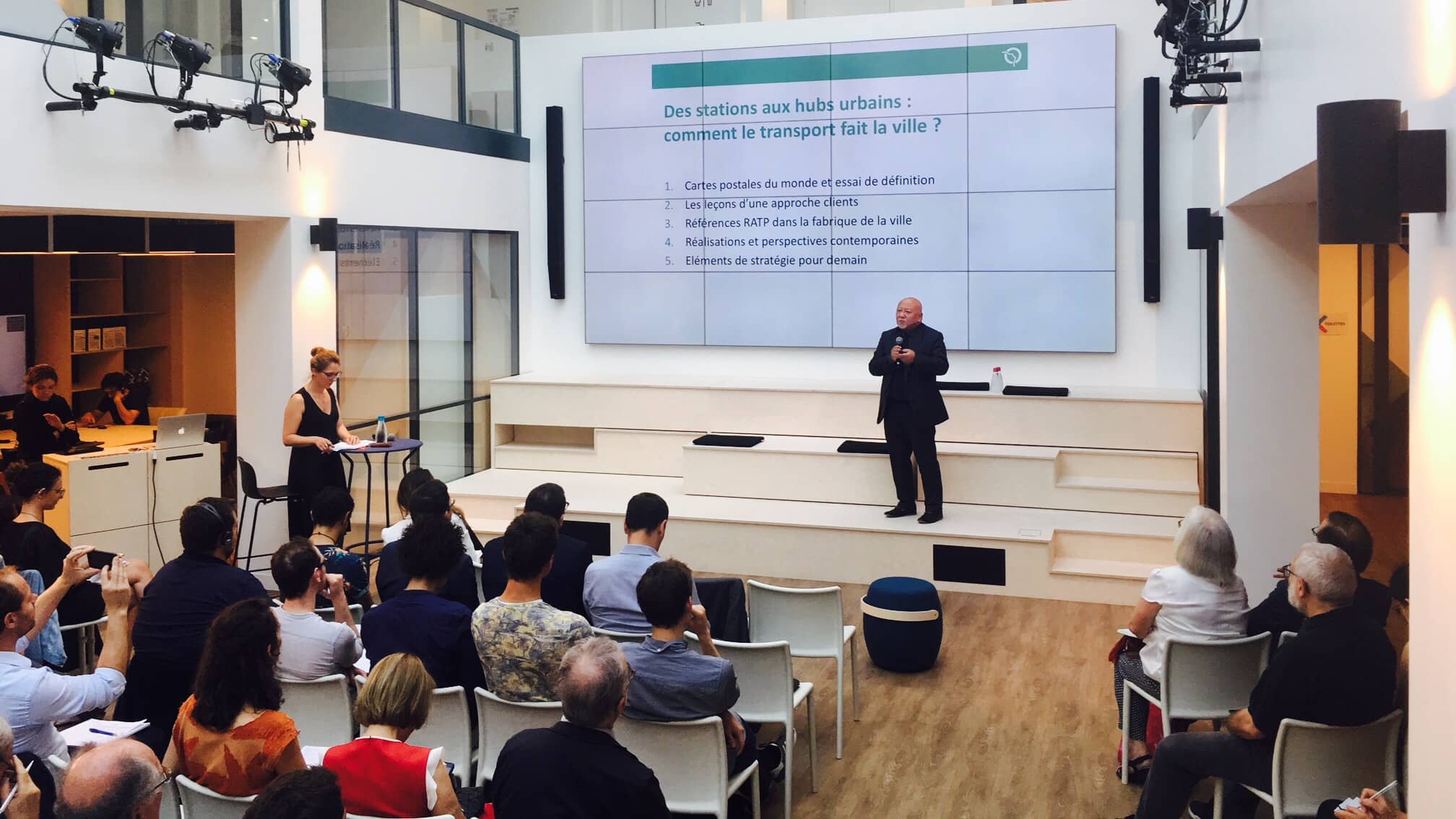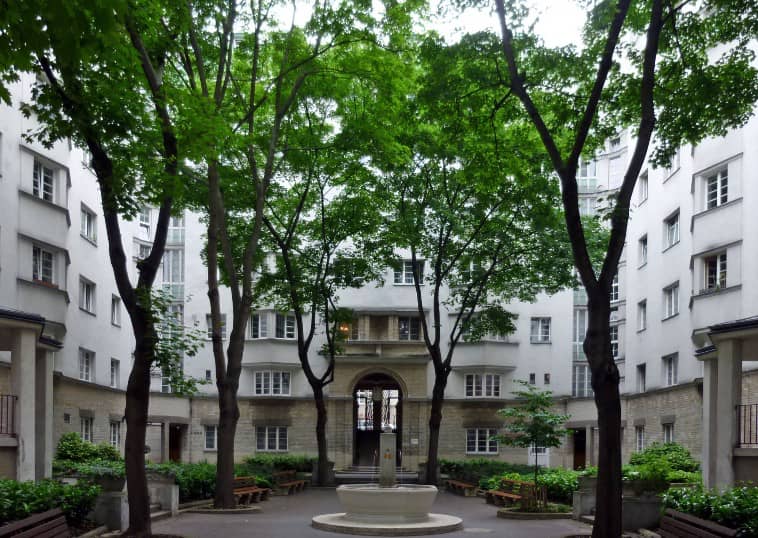

When one crisis reveals another
The current health crisis is rich in lessons for urban and housing experts, to whom the unprecedented experience of a complete lockdown has shown that, while housing is the preferred investment of the French, it is also and above all a place of shelter. In large conurbations, families with low incomes are crowding into small apartments; lockdown takes a special toll on them. In France, INSEE estimated that in 2010, “1.4 million homes were over-occupied. This concerns 5.1 million people, i.e. 9.5 per cent of the population in households of at least two people“. It is thus urgent to reflect on the development of an affordable housing stock that matches demand and allows all to live in dignity. Some, better off on paper, are confined to comfortable but cramped apartments without balconies or gardens. For them, Catherine Sabbah writes, “a few days were enough to sweep away certain ideas, to comfort others: is the kitchen really useful when everyone is dining out or having their meals delivered? The answer is yes. With a window and doors? Yes again. Do you need extra space to isolate yourself if necessary? Yes again. Do we like living in micro apartments? No“. Alongside the development of the affordable housing stock, it is thus necessary to work on the very nature of the housing supply and on the design of housing, in contrast with the standardization trend of recent decades. Finally, some people may reasonably wonder whether the proximity between their home and their workplace justifies sacrificing the quality of their housing; the recent spread of teleworking, justified by the sanitary crisis, has just led part of the working population to realize that such proximity may not be a necessity. This awareness was rapid and massive, judging by the sudden renewed interest of the French in houses with gardens and the countryside. Questioned by Le Monde, Séverine Amate, spokeswoman for the website Se Loger, reports that “real estate searches are usually divided in half between apartments and houses, but since the beginning of the lockdown, the rate of consultation of ads for houses for sale has exploded, and property searches in the provinces are increasing by 5% and even 17% in Brittany“. While we cannot yet say what tomorrow will look like, it is clear that improving the quality of housing should already be a central concern.
→ Related: our research program about affordable housing in European metropolises.
No time to read? La Fabrique de la Cité has got you covered. Check our newsletter #27.
To be informed of our upcoming publications, please subscribe to our newsletter and follow our Twitter and LinkedIn accounts.
These other publications may also be of interest to you:

Death and life of CBD
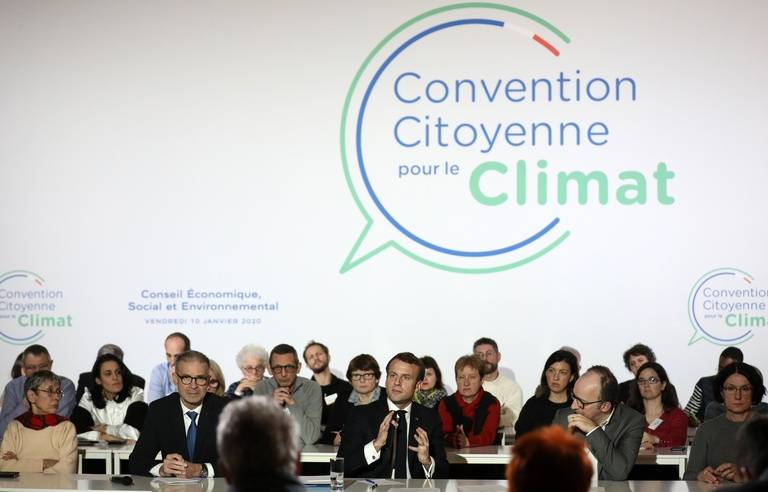
Is resilience useful?

Long live urban density!
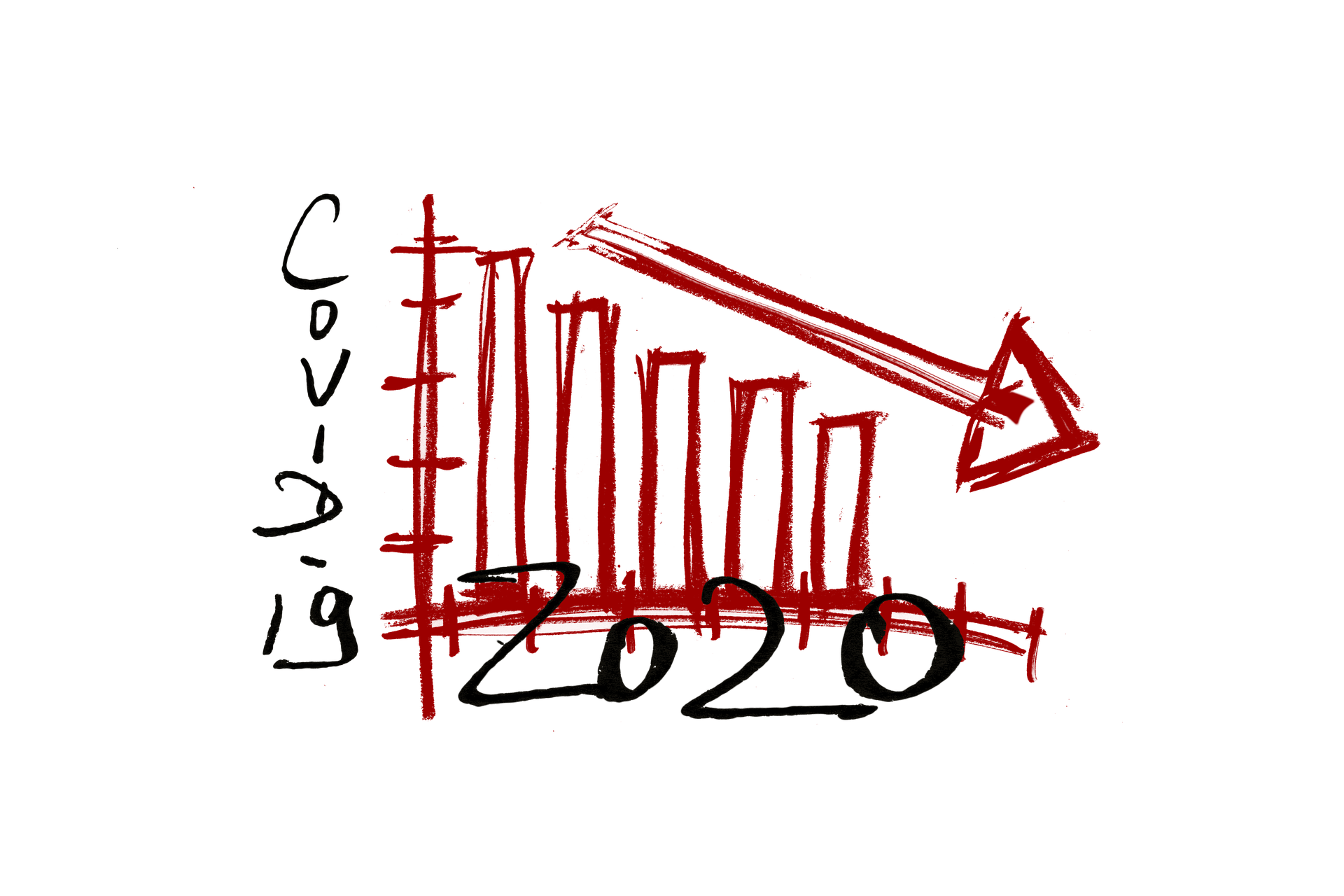
Behind the words: Recovery
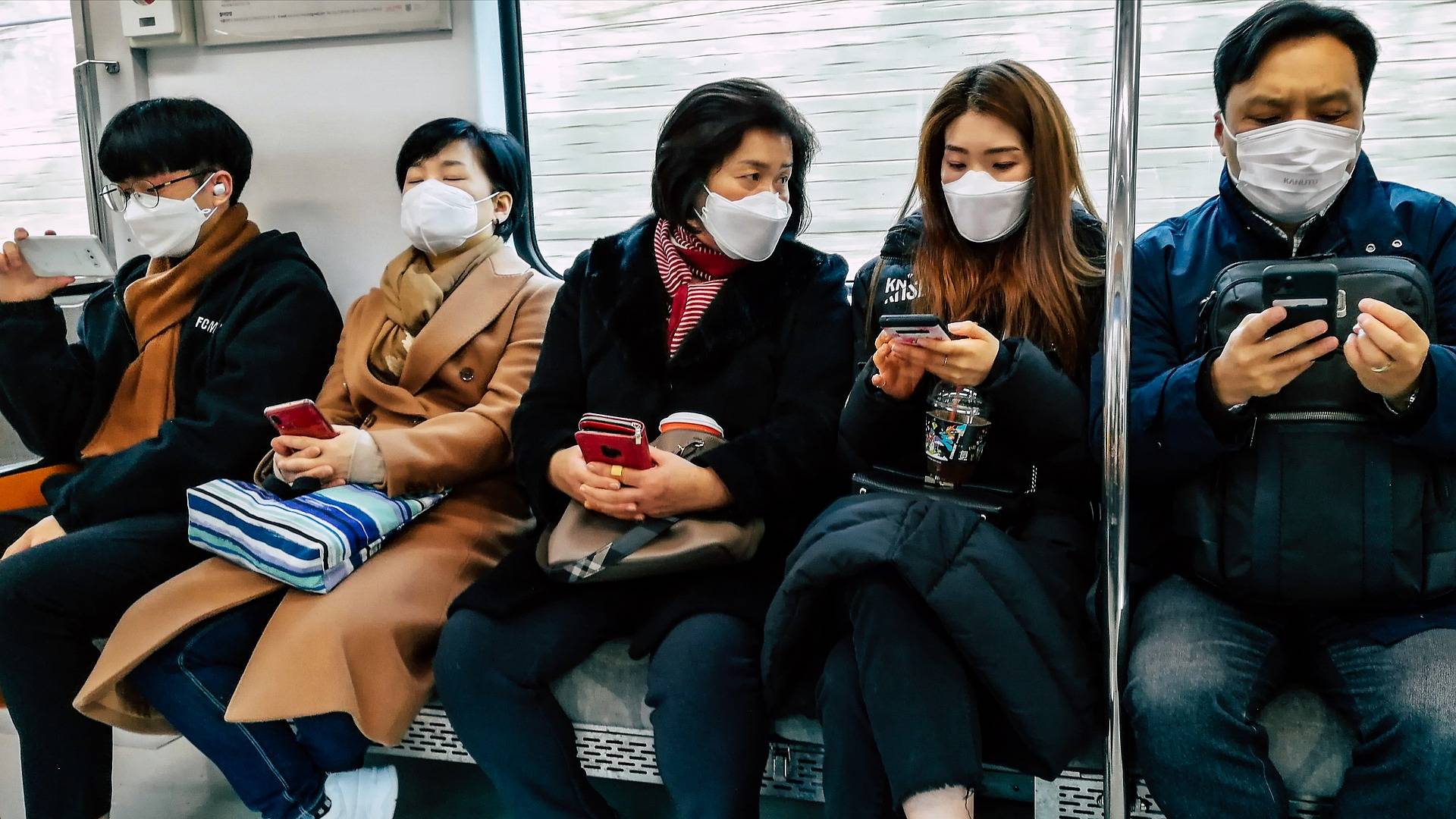
Sending out an SOS
The ideal culprit
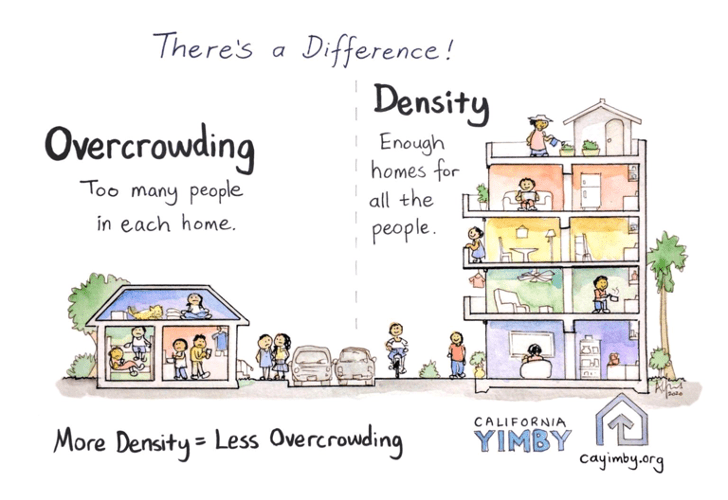
Behind the words: density

Behind the words: telecommuting

Behind the words: urban congestion

Behind the words: food security
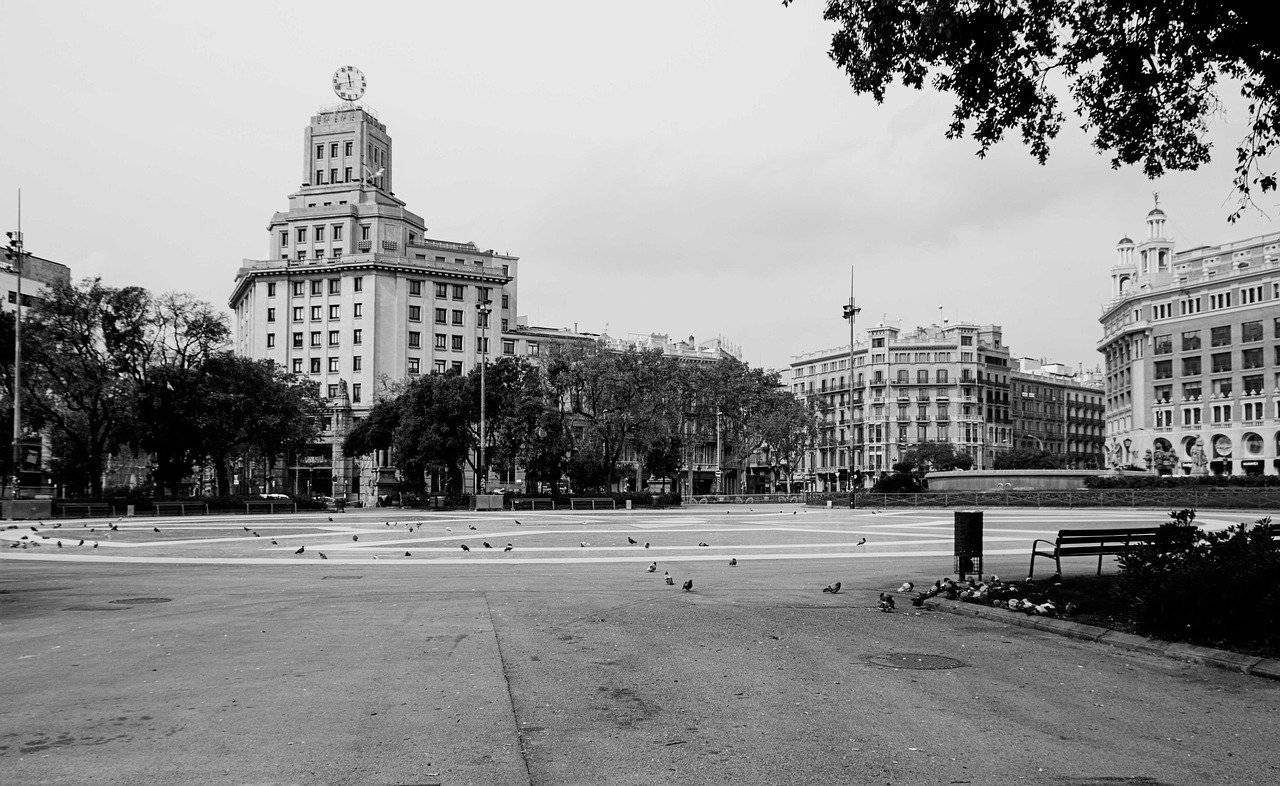
180° Turn
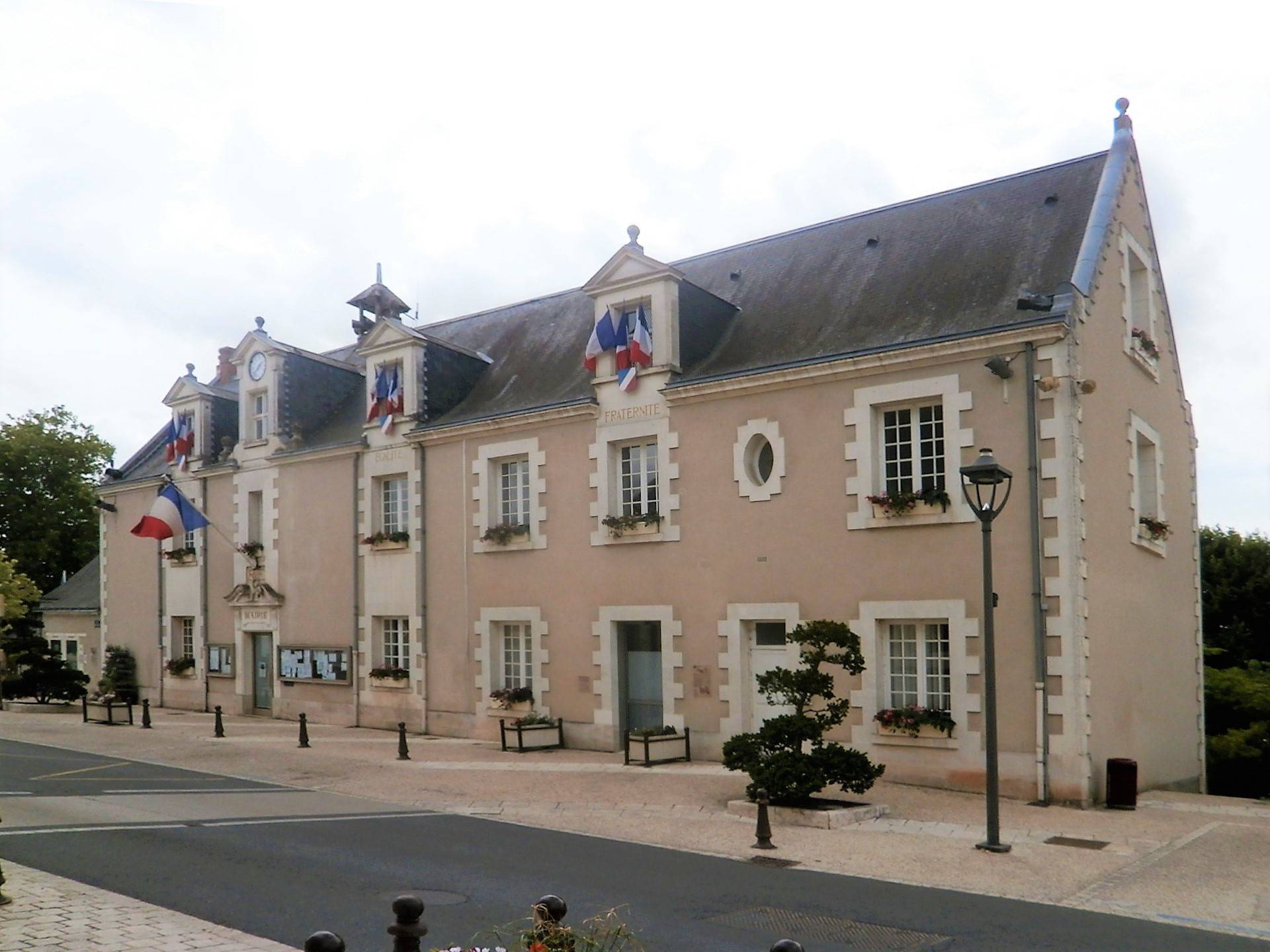
Cities in safe boot mode
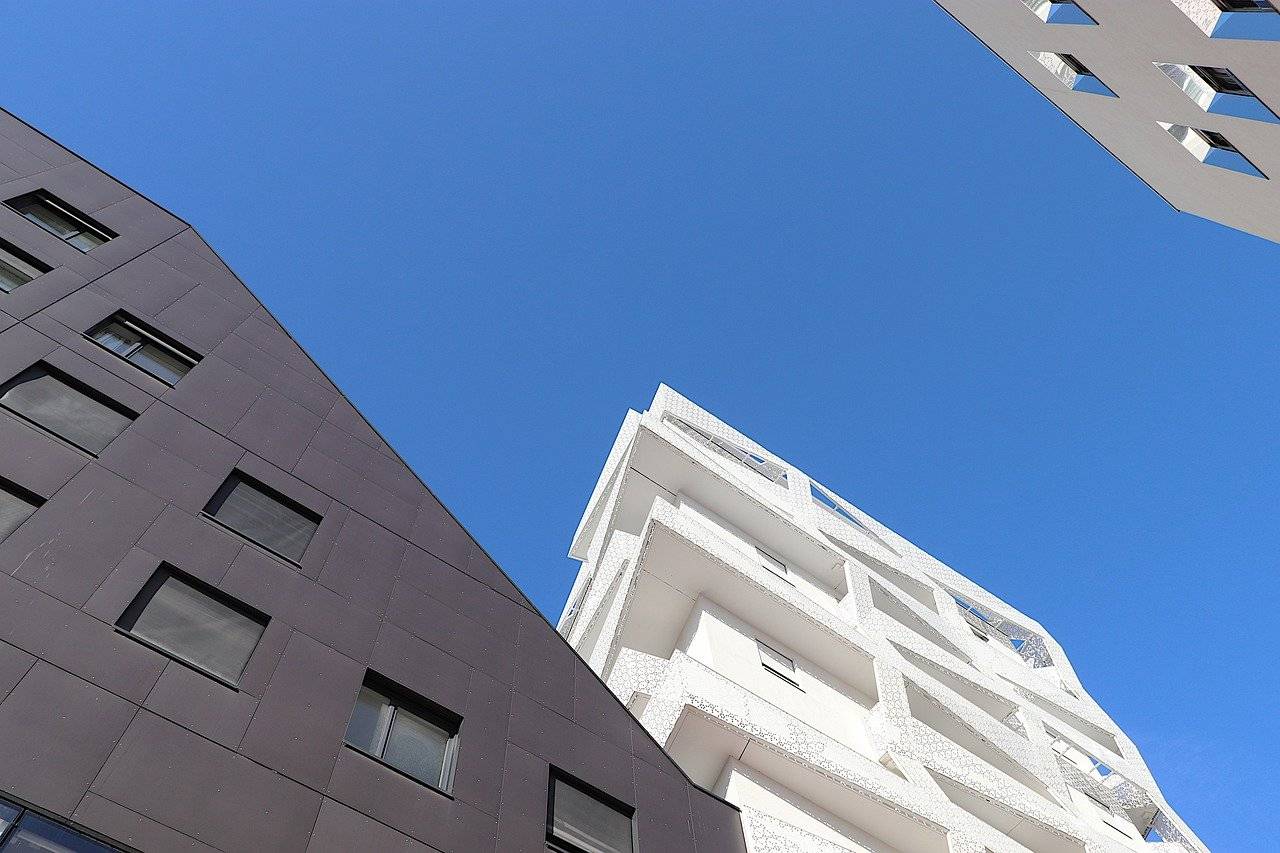
Behind the words: Affordable housing
Across cities in crisis
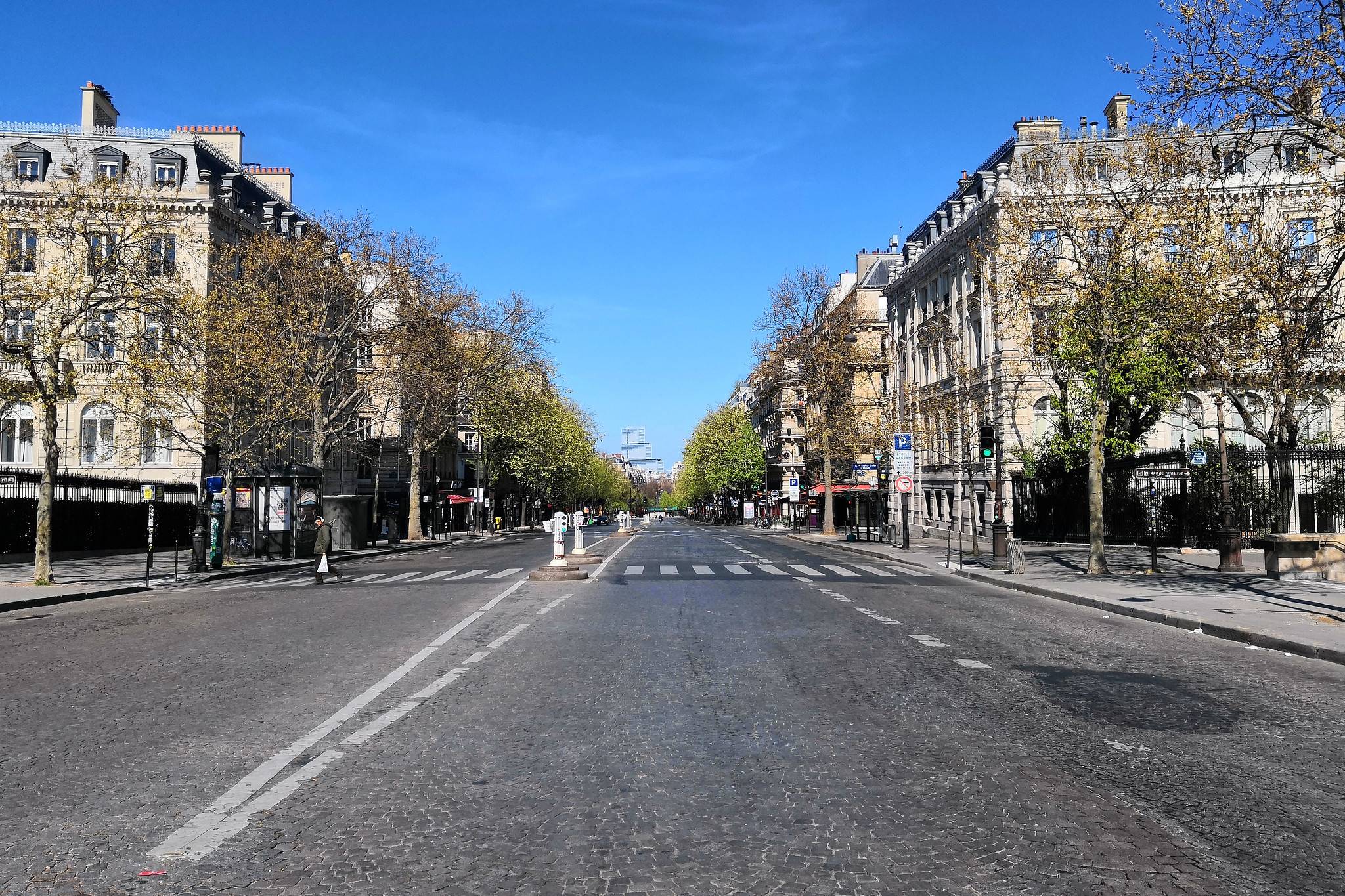
A street named desire
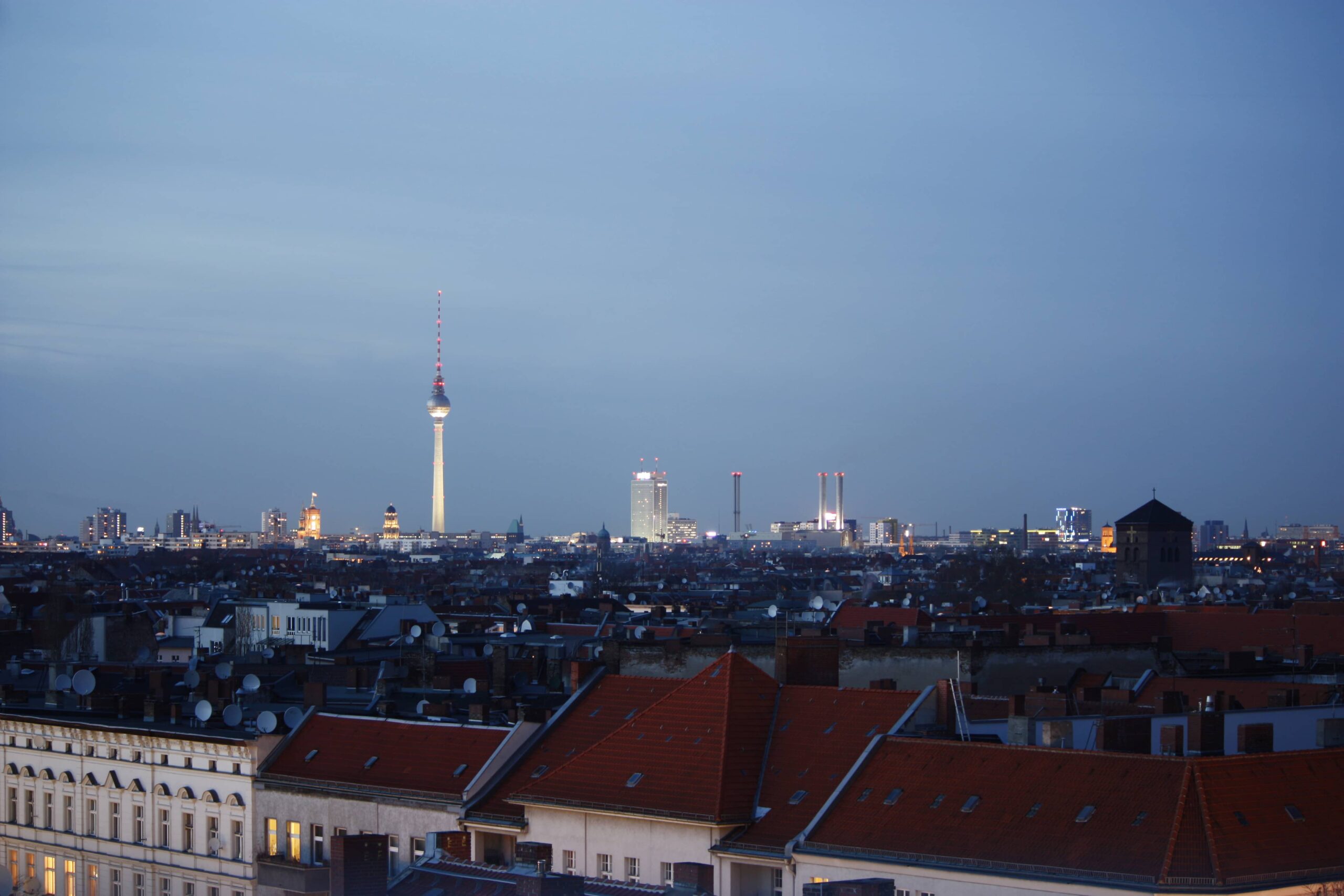
German metropolises and the affordable housing crisis
La Fabrique de la Cité
La Fabrique de la Cité is a think tank dedicated to urban foresight, created by the VINCI group, its sponsor, in 2010. La Fabrique de la Cité acts as a forum where urban stakeholders, whether French or international, collaborate to bring forth new ways of building and rebuilding cities.


















